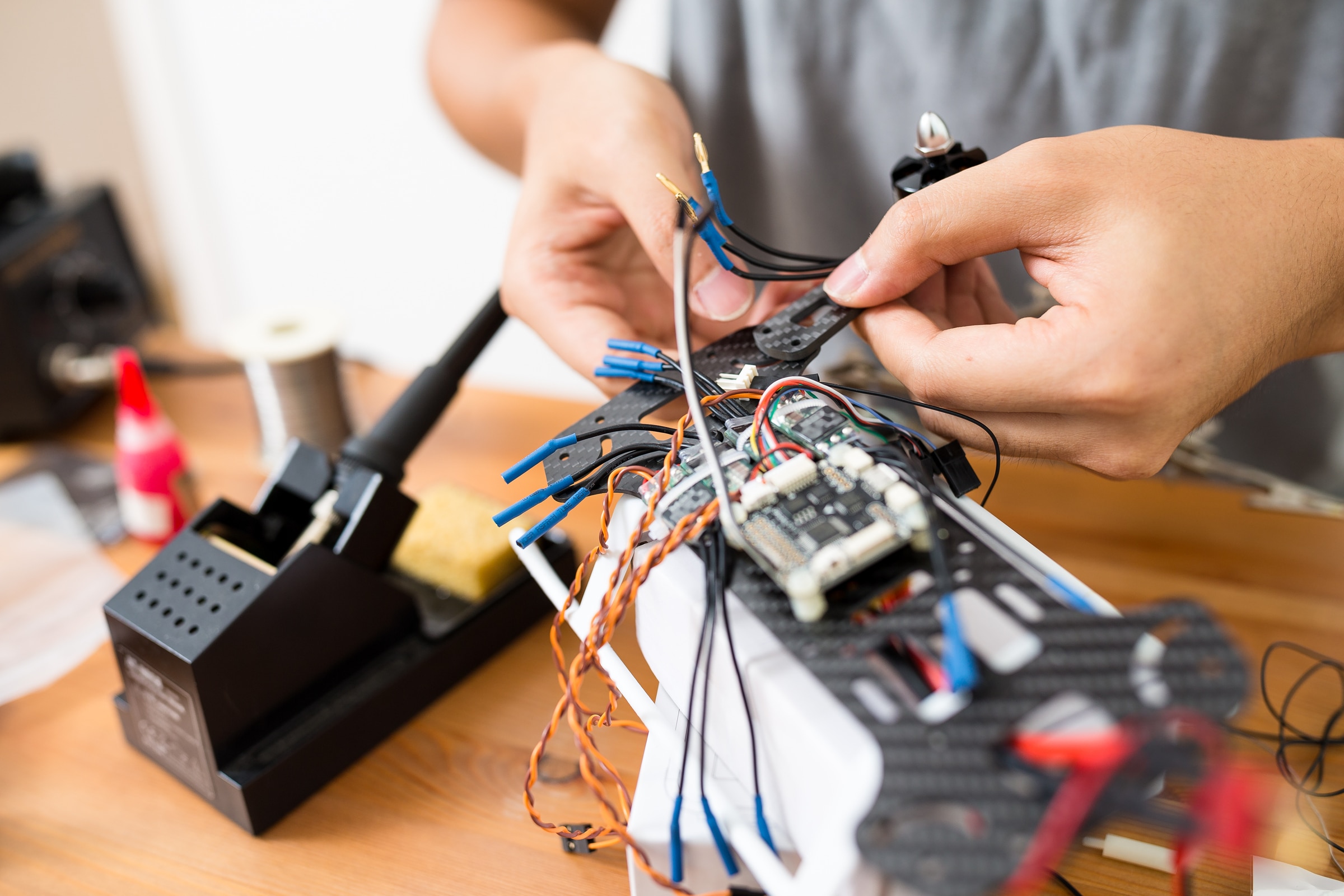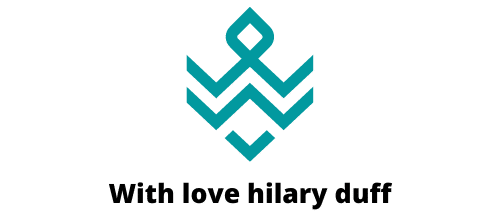Can AI-Enabled Drones Provide Efficient Solutions for Large-Scale Solar Panel Inspection?

As the global shift towards renewable energy sources continues, large-scale photovoltaic (PV) solar farms have become a common sight. However, the maintenance of these expansive arrays of solar panels is no small feat. A new technology is emerging on the horizon: AI-enabled drones. These flying machines, equipped with cutting-edge artificial intelligence, could transform the way we inspect and maintain solar farms. Yet, the question remains: can they provide efficient solutions for large-scale solar panel inspection?
The Need for Efficient Inspection of Solar Panels
Traditional methods of inspecting solar panels are time-consuming and labor-intensive. Maintenance workers must painstakingly examine each solar panel by hand, which can take hours, if not days, for larger solar farms. This manual process can lead to human errors and missed defects, potentially resulting in energy loss and financial implications.
A lire en complément : How Are Adaptive Traffic Signal Systems Using IoT to Improve City Commutes?
AI-enabled drones, with their ability to cover large areas quickly and generate comprehensive data, have the potential to revolutionize this process. Not only can these drones save time, but they can also identify issues that may be missed by the human eye.
How AI-Enabled Drones Work in Solar Panel Inspection
AI-enabled drones are not merely remote-controlled devices; they’re sophisticated pieces of technology that utilize machine learning algorithms to perform tasks usually requiring human intelligence. For solar panel inspection, these drones are equipped with various imaging technologies, like thermal imaging and high-definition cameras, to capture detailed images of the solar panels.
A voir aussi : What Are the Prospects of 3D Holography in Live Entertainment?
During the inspection process, the drone flies over the solar site. It captures a series of images, which are then run through an AI-based system. This system can analyze the images to detect issues such as cracks, dirt accumulation, shading, or hotspots (areas of high thermal activity indicating a malfunctioning panel).
The Benefits of Using AI-Enabled Drones
The major benefit of using AI-enabled drones for solar panel inspection is the significant reduction in time required for the inspection process. By covering large areas quickly and autonomously, drones can drastically cut down on the time taken for inspection, freeing up resources for other crucial tasks.
Added to that, the detection of defects is also greatly improved. Using thermal imaging, a drone can easily detect hotspots that signify panel malfunction, even in large arrays. The AI system can then analyze and categorize these defects based on their severity, allowing for prioritized and targeted maintenance.
Moreover, drones can reach areas that might be difficult or unsafe for human inspectors, like rooftops or remote solar sites. This not only improves the safety of the inspection process but also ensures a more comprehensive inspection.
The Challenges of Implementing AI-Enabled Drones
While the advantages are clear, implementing AI-enabled drones for solar panel inspections isn’t without its challenges. One of the main challenges is the accuracy of the AI system. While AI has come a long way, it’s not infallible. Misidentifications can occur, leading to unnecessary maintenance or missed issues.
Additionally, the initial cost of these drones can be high, potentially deterring smaller solar farms from adopting this technology. Also, like any technology, drones require maintenance and occasional upgrades, adding to the overall cost.
Data privacy is another concern. Images and data collected by the drones need to be securely stored and handled, presenting additional logistical and security challenges.
Future Prospects of AI-Enabled Drones in Solar Panel Inspection
Despite these challenges, the prospects for AI-enabled drones in solar panel inspection are promising. Advancements in AI technology are reducing the likelihood of misidentifications and increasing the efficiency of inspections. As this technology becomes more widely adopted, the cost is likely to decrease, making it more accessible for smaller operations.
Moreover, the use of AI-Enabled drones extends beyond just inspections. They can also be utilized for panel cleaning and even installation, making them an integral part of the solar farm ecosystem.
In conclusion, while there are challenges to overcome, AI-enabled drones hold great potential for revolutionizing large-scale solar panel inspections. By providing more efficient, accurate, and comprehensive inspections, these drones could significantly improve the maintenance and productivity of solar farms worldwide. Despite the challenges, the trend towards AI-enabled drone inspections is a clear sign of the ongoing integration of AI into various facets of our life and work, particularly in the renewable energy sector.
The Potentials of AI-Enabled Drones in Solar Energy Generation
The potentials of AI-enabled drones extend beyond just solar panel inspection. They also hold promise for enhancing the overall efficiency of solar energy generation. Notably, drone technology can be used for solar installation, maintenance, and even optimization of the energy generation process.
During the installation phase, drones can be utilized to create high-resolution aerial maps for site assessment. This helps identify the optimal layout for the solar farm, which in turn, maximizes energy generation. Additionally, drones can assist in the actual installation of the panels, particularly in hard-to-reach locations, thereby reducing installation time and risk of accidents.
Regarding maintenance, apart from panel inspection, drones can be employed for solar panel cleaning. Dust and dirt accumulation on panels can reduce their efficiency by up to 30%, as per a study on Google Scholar. But with the usage of drones, solar panels can be cleaned quickly and efficiently, thus ensuring consistent energy output.
Furthermore, drones can be used in real-time monitoring of solar farms. Using thermal imaging and other sensing technologies, drones can provide real-time data on the performance of the solar panels. This enables proactive maintenance and swift response to any issues, resulting in minimal downtime and maximum energy generation.
Conclusion: The Future of AI-Enabled Drones in Solar Energy
As the renewable energy sector keeps growing, the role of artificial intelligence and drone technology is becoming increasingly pivotal. AI-enabled drones, with their capability to expedite and improve the efficiency of solar panel inspections, present a promising solution for large-scale solar farms. Moreover, their potential use in solar installation and maintenance further amplifies their significance in the solar energy sector.
Despite the challenges such as high initial cost, occasional misidentification by the AI, and data privacy concerns, the advantages offered by drone-based solar farm management outweigh these obstacles. As technological advancements continue, it is expected that these challenges will be addressed, making AI-enabled drones even more reliable and cost-effective.
In conclusion, AI-enabled drones are set to play a key role in the future of solar energy. By revolutionizing solar panel inspection and the broader solar energy generation process, drones could significantly improve the efficiency, safety, and productivity of solar farms worldwide. As we move towards a more sustainable and technologically driven future, AI-enabled drones stand as a testament to the exciting possibilities of integrating artificial intelligence and renewable energy.
